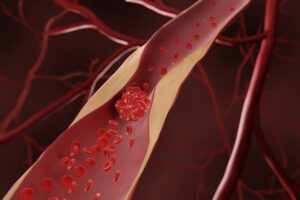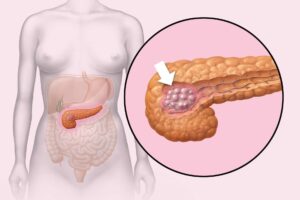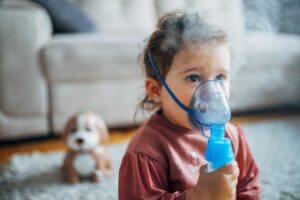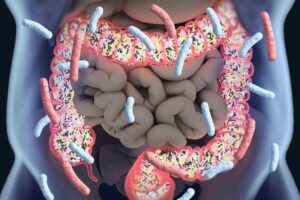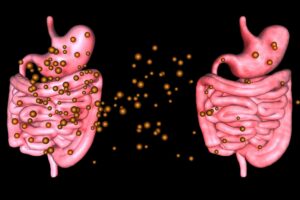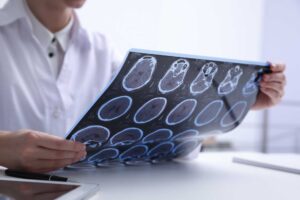Gastroenterology
Gastroenterology
Scientists identified a bacterium, Bacteroides xylanisolvens, that reduced gut nicotine concentrations in mice exposed to nicotine as well as the severity of NAFLD.
Cardiology, Gastroenterology
A recent study provides evidence for the beneficial effects of GMD and the gut commensal bacterium P. merdae against obesity-related atherosclerosis.
Gastroenterology
The findings of a new research suggest that, in some people, microbial ethanol can contribute to the development of NAFLD.
Gastroenterology, Oncology
The findings of a new research may help to develop improved diagnostic or treatment approaches for pancreatic cancer.
Gastroenterology, Pediatrics
A supplement of LGG would seem to favour the proliferation of Bifidobacterium and the improvement of clinical and immunological response to childhood cystic fibrosis.
Gastroenterology
Researchers found that the microbiota of the recipient, rather than that of the donor, determines the microbial mix resulting from a fecal transplant.
Gastroenterology
The findings of a new research could help to optimize fecal microbiota transplantation (FMT) protocols and identify the most suitable donors for transplantation.
Gastroenterology
Faecal microbiota transplant appears to effectively improve both clinical parameters and bacterial balance in the liver, especially in thin individuals.
Gastroenterology, Neuroscience
The findings of a new research shed light on the mechanisms by which gut bacteria influence the development and progression of multiple sclerosis.
Gastroenterology, Neuroscience
The findings of a new research suggest that combining Lachnospiraceae antibody screening with blood tests could improve the diagnosis of ME/CFS.

